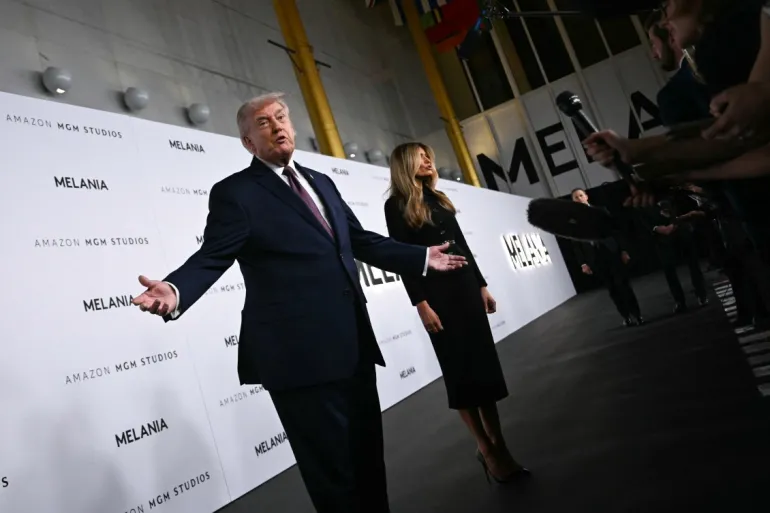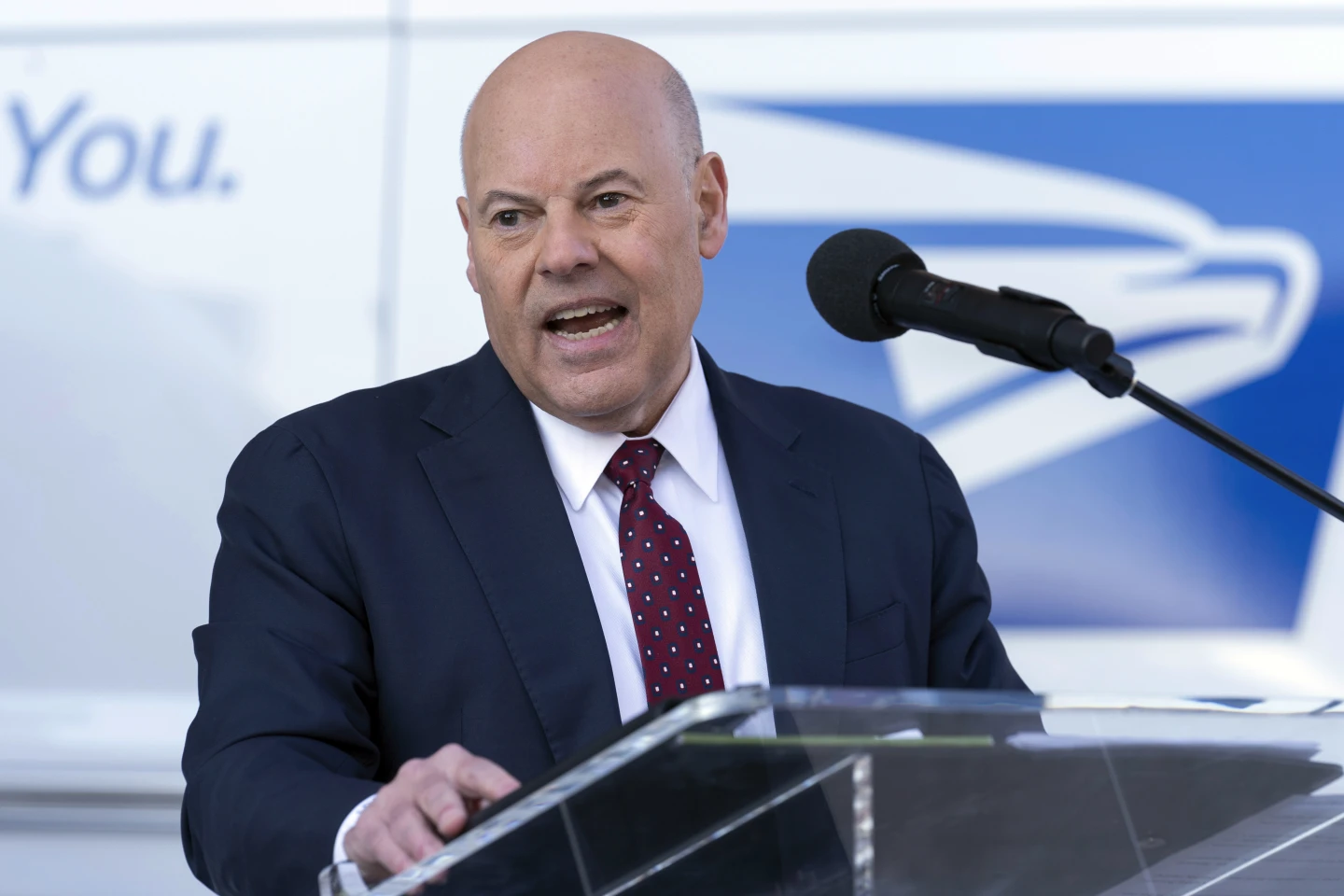US Postal Service (USPS) Postmaster General Louis DeJoy intends to step down from his position, the federal agency announced Tuesday, concluding a controversial tenure marked by significant challenges and reforms, The Associated Press reports.
DeJoy, who assumed office in the summer of 2020 during President Donald Trump’s first term, has asked the Postal Service Board of Governors to begin the search for his successor, according to a letter sent Monday.
DeJoy’s nearly five-year leadership was defined by navigating the unprecedented demands of the coronavirus pandemic, managing surges in mail-in election ballots, and implementing a contentious 10-year plan aimed at modernizing operations and stemming significant financial losses through cost and service cuts.
“As you know, I have worked tirelessly to lead the 640,000 men and women of the Postal Service in accomplishing an extraordinary transformation,” DeJoy wrote in his letter. “We have served the American people through an unprecedented pandemic and through a period of high inflation and sensationalized politics.”
A Republican donor and owner of a logistics business prior to his appointment, DeJoy was the first Postmaster General in nearly two decades who did not rise through the ranks as a career postal employee. His appointment and subsequent policies drew intense scrutiny and criticism, particularly from Democrats.
DeJoy’s 10-year plan to modernize the USPS has been a major point of contention. He previously indicated that postal customers should expect “uncomfortable” rate hikes as the agency sought to stabilize its finances and achieve self-sufficiency. A key element of the plan involves consolidating mail processing centers to create a more efficient, less costly delivery system. However, critics, including members of Congress from both sides of the aisle, have argued that initial consolidations have already slowed service, with concerns that further changes will disproportionately impact rural mail delivery.
While DeJoy has refuted these claims, telling a US House subcommittee in a contentious September hearing that the Postal Service had embarked on long-overdue investments in “ratty” facilities, he maintained that the changes were necessary to create “a Postal Service for the future” that delivered mail more quickly.
Furthermore, DeJoy’s leadership coincided with two presidential elections that saw dramatic increases in mail-in ballots, further amplifying the pressure on the USPS.
Ahead of the 2020 election, a federal judge limited one of the postal service’s cost-cutting practices, concluding that it contributed to delays in mail delivery. DeJoy’s decision to restrict overtime payments for postal workers and halt the agency’s longtime practice of allowing late and extra truck deliveries in the summer of 2020 resulted in reduced costs but also left some mail undelivered until the following day.
Despite the controversies, DeJoy has pledged to assist in the transition to new leadership. He stated in his letter that he was committed to being “as helpful as possible in facilitating a transition.” The Postal Service Board of Governors is now tasked with finding a successor to lead the agency through its ongoing modernization efforts and navigate the evolving challenges of the 21st century.










The latest news in your social feeds
Subscribe to our social media platforms to stay tuned